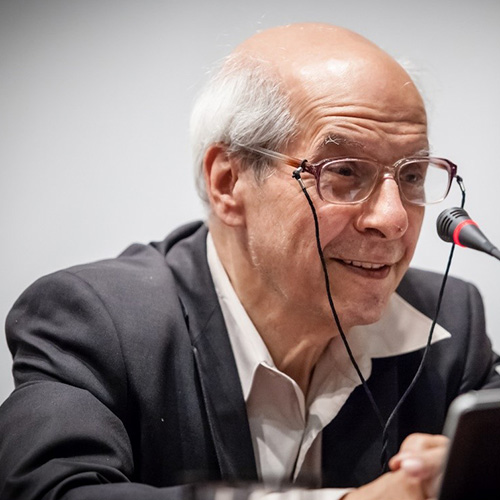Melik-Pashayev, A.A.

Chief Researcher at the Laboratory of Psychology of Creativity, Federal Scientific Center for Psychological and Interdisciplinary Research.
-
-
Background. The problem of contemplation has only recently begun to be developed by psychologists. However, contemplation itself as a phenomenon of spiritual and practical order and as a subject of philosophical comprehension has always attracted attention. At the same time, the understanding of its place and role in the knowledge of the world has been fundamentally different.
Objective. The article attempts to describe the specifics of contemplation in art and to show its leading role in artistic creativity.
Methods. Analysis of psychological, philosophical, theological literature on the topic of the study, self-reports and statements of masters of art were used.
Results. The methodological reasons that make it difficult to study contemplation by the methods familiar to science are considered. It is shown that understanding of this phenomenon and recognition of its reliability is possible in the presence of one's own similar experience. The analysis of self-reports and statements of outstanding masters of different kinds of art has shown that contemplation requires the artist to overcome the boundaries of the previous experience and gives the experience of direct unity with the world, which is a necessary condition for the origin of creative idea. The specificity of "artistic" contemplation lies in its sensual and supersensual nature and in the special meaning that the directly perceived image of an object or the world as a whole has in art.
Conclusions. Contemplation and activity are necessary and interrelated sides of the creative process. In the absence of the contemplative component, activity becomes reproductive. This conclusion is significant for the artist's self-education, as well as should attract the attention of art pedagogy, which is focused almost exclusively on the activity component of mastering art professions.
Keywords: contemplation; contemplative psychology; activity; “feoria”; artistic creation; experience; observation; admiration; beauty; reproductive activity DOI: 10.11621/LPJ-25-22
-









